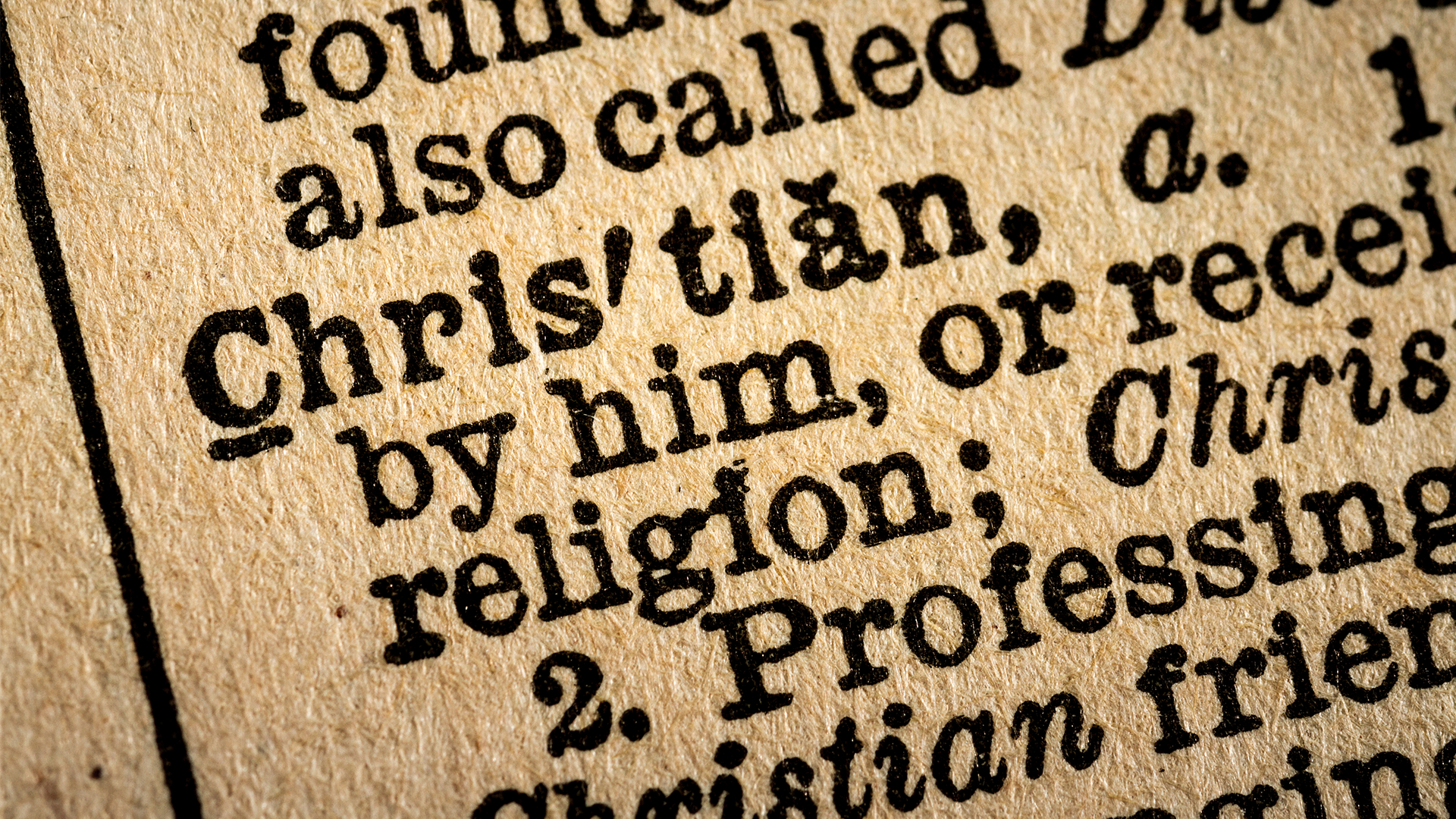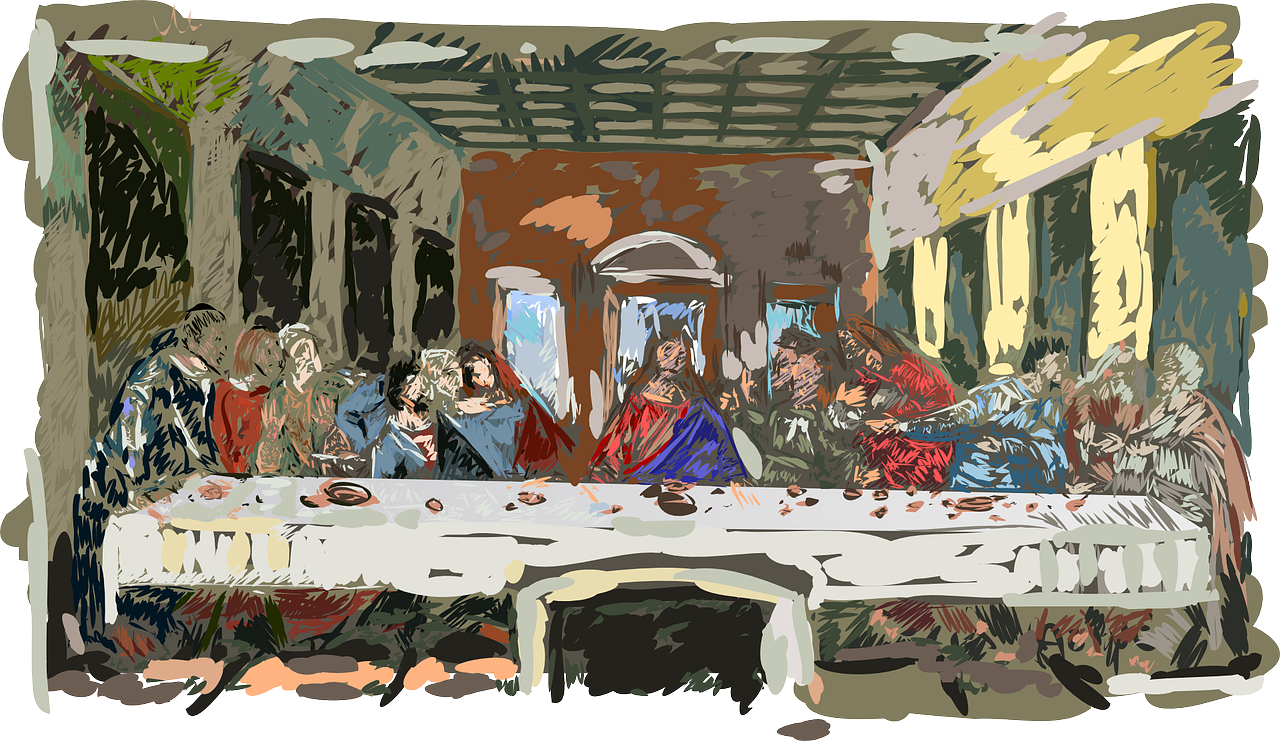

What does it mean to be a Creedal Christian?
“The Creeds allow us to break bread together and sit in the discomfort of our differences while celebrating our common faith.”
Lately, I’ve been giving a lot of thought to the word “catholic.” You’ll notice that I intentionally did not capitalize the first letter. That is because I don’t want to be confused with Roman Catholics.
I have no interest in the Roman denomination.
Instead, I’m thinking in the language of the Apostles Creed, “the holy catholic church,” and the Nicene Creed, “the one holy catholic and apostolic church.” Anyone who affirms the words of these creeds is “catholic.”
The word “catholic” comes from two Greek words, “kata” and “holos.” The word “kata” means “in respect of” and the word “holos” means “the whole.” To be catholic means to be “in respect of the whole.” Hence we derive the universal nature of the church.
To be a catholic Christian means to be a Christian in respect of the whole.
That’s a far cry from any denominational sense.
If you are a Christian in the creedal sense, you are catholic.
Why does it matter today?
We live in a time where anyone is allowed to identify as anything, literally anything.
I routinely hear stories of children in schools self-identifying as animals, so-called “furries.” They dress up in costumes and pretend to be whatever. If you search for it, you will find proponents claiming that they are merely enthusiasts who like to “anthropomorphize animals.”
It’s all fun and games until reality is blurred and the child confuses fantasy with reality. I heard one story where a child was barking in a classroom because they believed they were a dog. The teacher felt restrained from disallowing the behavior, and so the child persisted in disrupting the class.
My goal here isn’t to weigh in on the ethics of self-identifying as a furry or classroom management but merely to emphasize the society in which we live. Like many trends in society, they come and go.
So what’s your “Christianity identity de jour”?
The same is true of Christian “identities” and “sects.” Often these come and go with their founders. Whether it’s Martin Luther, John Calvin, John Wesley, or William J. Seymour (founder of modern Pentecostalism), these leaders have sparked Christian movements that outlasted their lives.
What’s fascinating from a sociological perspective is how enthusiastic disciples carry on their teacher’s dogmas.
The trouble is they’ve also led to controversy and division within Christianity. They all claim to be “biblical,” yet their expressions look vastly different. Such is the legacy of modern Christianity — Calvinism versus Arminianism, Cessasationism versus Continuationism, Anglo-Catholic versus Evangelical, Roman versus Eastern Orthodox. Pick a side, and an antagonist from the opposite will eventually meet you.
I’ve been through all of these and have found myself spiritually exhausted by the proponents and opponents of various systems. And I find myself searching for a way to express my faith without feeling the stinging rebuke of one who takes issue.

Am I catholic?
I’ve recently considered the term “catholic” to describe a cognitive resting place.
Sure I could add stuff to it, like evangelical or reformed or continuationist or the like. But that is to add back into it the very thing that’s led to so much strife. The problem, of course, is as soon as I say the word “catholic,” I’m lumped into the “Roman” camp.
Exhausted by terms and debates, I’ve looked elsewhere for a phrase that sufficiently gives my faith adequate depth, breadth, and freedom.
So I’ve recently adopted the phrase “Creedal Christianity.” I’m not alone, nor have I come up with anything new. Others have come to similar conclusions.
My definition of Creedal Christianity is the shape and form of Christian belief summarized by the Creeds of the undivided church — the Apostles Creed, The Nicene Creed, etc.
In the classic sense, Christians were guided by a “rule of faith,” certain tenets that all people were required to believe to be called “Christian.”
In our postmodern, anything goes, or self identify as whatever you want to be; a “rule of faith” seems counterintuitive to our radically democratized souls.
And that’s the point. The Creeds bring us together, unite us under the banner of Christ, and guide us in life. The Creeds give a “rule of faith” that clarifies our identity, our tribe, our belonging, and our hope. And finally, the Creeds allow us to break bread together and sit in the discomfort of our differences while celebrating our common faith. That is what it means in my mind to be counted as one among many in the “holy catholic church.”




